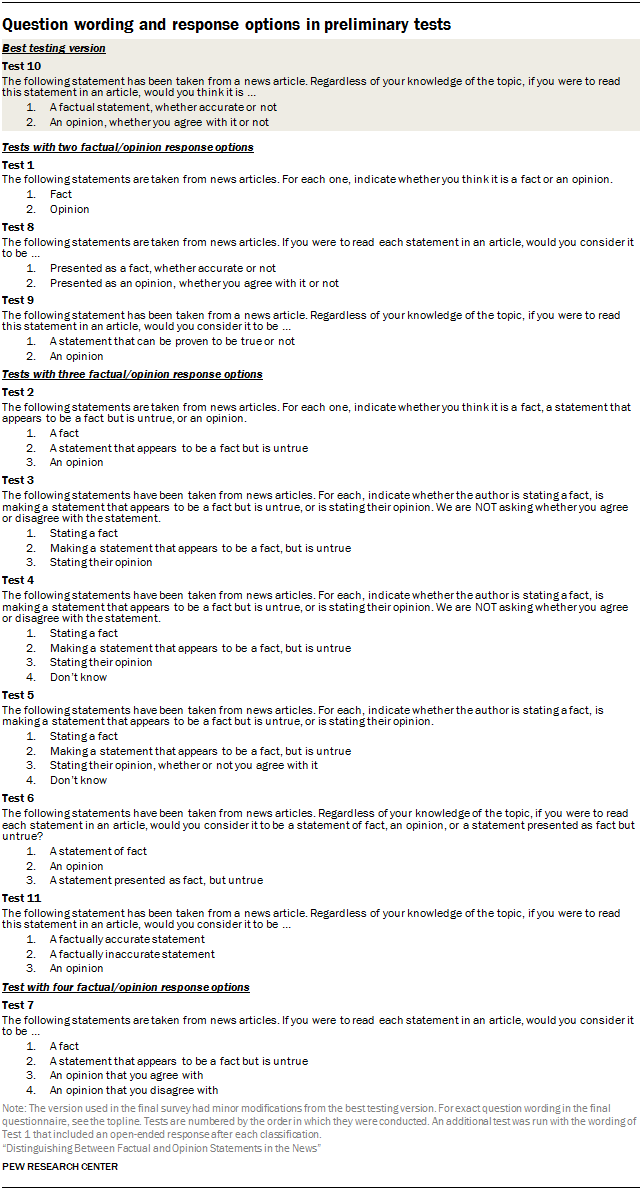gabelewis
Member
pretty much all of them, means your chances of naming one that isnt on the list is slim.
note: the question said "almost always".
medicaid, medicare, social security (the fraudulent disability cases..not the ss income old people paid in), the small business help handed out (or not handed out) during Covid, schools, state run programs for people/children with disabilities, the motor vehicle department, the police departments (probably not all but most),
i imagine big city firedepartments have waste and inefficiency in them*... i dont know, it would be easier for you to name one that is not inefficient or wasteful.
*firemen on call is not waste. they have to be at the station for when the calls come in.
Unless you're comparing them to perfect system that has no waste, this is true of everything so I'm not sure what value the opinion (or fact if you prefer) holds or why you care. Otherwise, you'd need to compare them to things that actually exist, in which case it's easy to disprove that they are "almost always" less efficient than an alternative.


